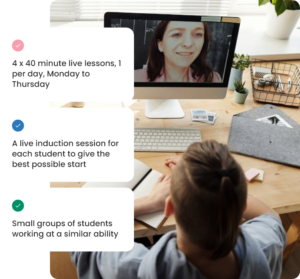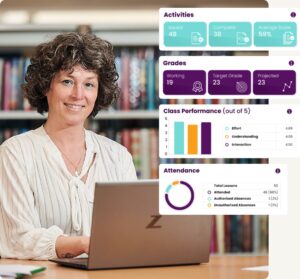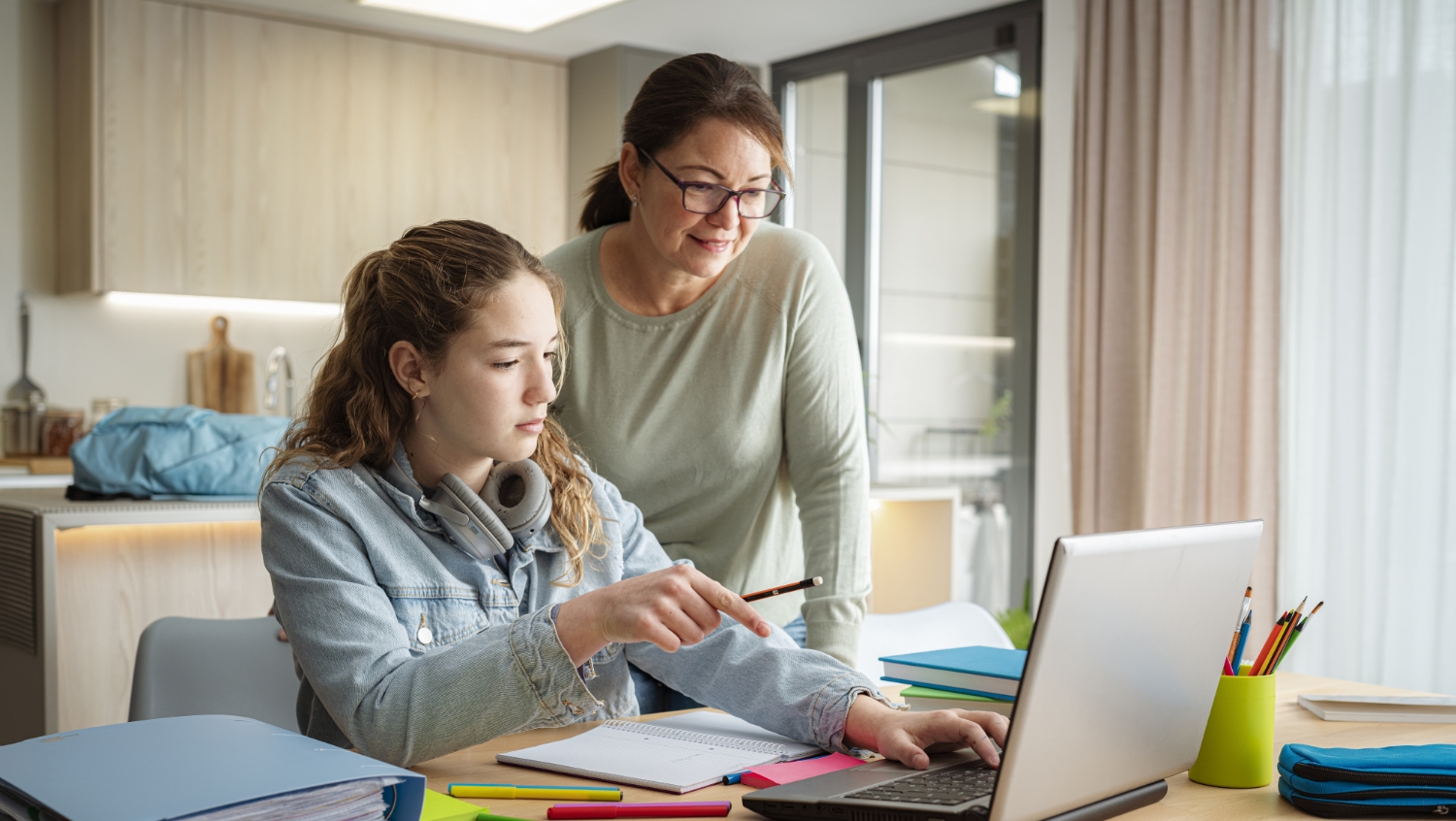Key stage 3, 4 & 5
Wellbeing support courses
Empower young people to take control of their mental health, become self-advocates, and create a happier foundation for learning and life. Our range of counselling, social skills and wellbeing short courses equip students with the skills they need to thrive in and beyond school.

online alternative provision
What we offer
Our wellbeing support courses are specifically designed for students who may need additional help. They are available for Key Stage 3, 4, and 5, and cover topics like anxiety, resilience, and online safety, bringing students a toolkit for navigating challenges and improving their wellbeing.
Our teachers and practitioners are fully qualified and experienced in teaching students with additional needs, so they can deliver personalised support to meet students’ unique needs.
These courses are bookable in blocks of 10 academic weeks, except the Wellbeing Mentoring course, which includes 10 sessions over 5 weeks. Each weekly 40-minute lesson can be scheduled flexibly within the school day.
wellbeing courses
Equipping students with skills for life beyond school
Experienced teachers, trained in supporting SEN needs
100% live lessons with personalised support
All lesson recording available to students
Accessible online platform with all learning materials
Interactive resources such as quizzes and games
Qualified teachers, practitioners, and counsellors
40-minute lessons, fully flexible schedule
Small class groups of up to 10 students
Flexibility for students to join at any point
our courses
Available in blocks of 10 weeks

Anxiety Management
Our Anxiety Management course provides students with a greater understanding of anxiety and how it functions in our brain and body. It also equips students with various anxiety management techniques, including mindfulness-based approaches; grounding exercises; breathing exercises; guided meditations; and art-based activities. Our expert teachers provide a safe space for students to grow in confidence and work closely with students to identify negative thought patterns and develop a more positive mindset.
This course is recommended for students who need support for moderate anxiety issues or those facing challenges due to emotionally based school avoidance.

Social skills classes
The Social Skills course supports students with their social interactions, understanding of social rules, and verbal and non-verbal communication.
The sessions include: an emotional check-in; games, puzzles, and activities; a time for pupils to discuss topics of interest; share their thoughts on different topics and time to reflect on challenges that individuals can face in social situations. Key areas of focus are speaking and listening, turn taking and teamwork, winning and losing, and developing empathy.
This course is recommended for students who find peer interaction challenging, including students with communication and interaction needs.

One-to-one counselling
Led by our fully qualified School Counsellor, counselling sessions provide more intensive, personalised support for students with wellbeing needs. Sessions are available to book in blocks of ten or five sessions.
For younger students, creative and play therapies are used to process thoughts and feelings. For older students, Cognitive Behavioural
Therapy (CBT) will be used, which is particularly helpful for issues such as phobias and anxiety. We can also provide person-centred therapy, which allows young people to make sense of their thoughts, feelings and experiences at their own pace.
School mentors can request an initial free consultation call to discuss any challenges and concerns with the School Counsellor.

Wellbeing mentoring
The Wellbeing Mentoring consists of 10 sessions, taught over a 5-week period. Sessions will be taught alternately between five one-to-one sessions and five focus-groups of up to three students.
The sessions will initially focus on identifying wellbeing challenges. Then, a skilled inclusion practitioner will work with the student to implement a plan to manage their wellbeing, build healthy routines, and help them grow the confidence to thrive in their learning.
Mentors will review their students’ plans regularly and provide updates to partner schools or commissioning services.
This course is ideal for students who need help organising and managing a healthy routine to underpin their learning with us and to thrive in life more broadly.

reporting and monitoring
Keeping track of students’ progress
There are regular formative tasks to help students consolidate their learning and two graded assessments to understand student performance. These take place in week 3 and week 7 of the course and are published in week 5 and week 9 respectively.
The student’s school or LA receives a personalised report at the end of each course cycle (Week 10), so they can understand how the student has progressed.
The report includes further details of course content, an outline of the content that will be covered in the following term, and details of students’ strengths and areas for improvement.
